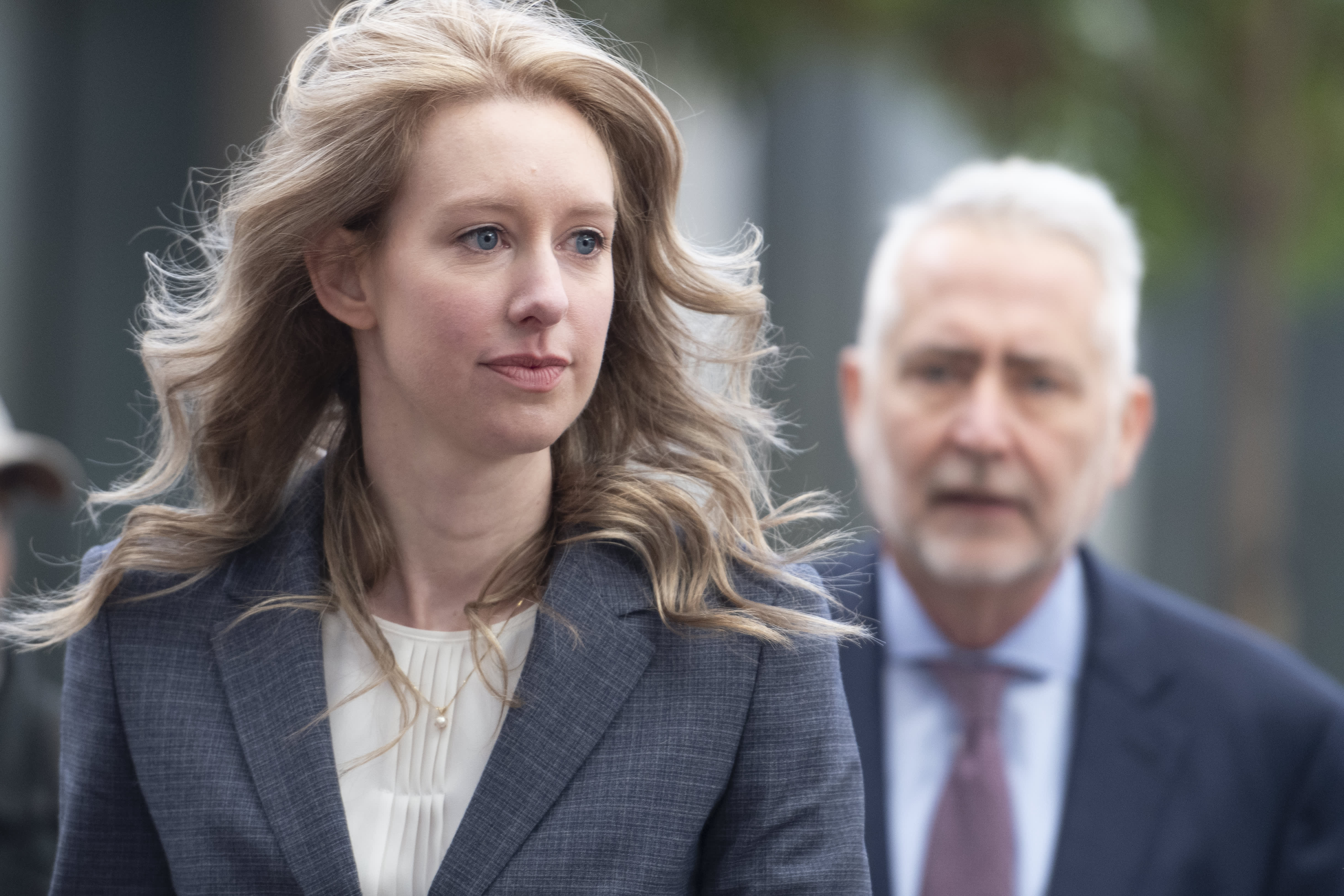Elizabeth Holmes denies destroying evidence in Theranos case

Elizabeth Holmes, founder and former CEO of Theranos, arrives for motion hearing on Monday, Nov. 4, 2019, at the U.S. District Court House inside Robert F. Peckham Federal Building in San Jose, California.
Yichuan Cao | NurPhoto | Getty Images
The mystery of what happened to critical evidence proving Theranos’ blood-testing technology didn’t work deepened when Elizabeth Holmes blamed the government for what she calls an “investigative failure.”
In a filing late Tuesday, attorneys for Holmes shot back at prosecutors on a motion to exclude evidence of so-called test results, saying they are at fault for losing a database called the Laboratory Information System (LIS), which contained three years worth of accuracy and failure rates of Theranos tests.
“Rather than accept responsibility for that investigative failure, and the resulting evidentiary holes in its case, the government has chosen a different path,” Holmes’ attorneys write, adding “the government has insinuated that the loss of the LIS data reflects on Ms. Holmes’ supposed guilt even though she had nothing to do with it.”
“The reason the government lacks this evidence is because the prosecutors sat on their hands for years before attempting to acquire it, and then sat on their hands again after acquiring it. They are entirely to blame,” attorneys for Holmes write.
“The reason that the government has built its case on this teetering card house of irrelevant evidence is that it lost—or, worse, did not want to analyze preindictment—the actual evidence of testing results in this case,” Holmes’ attorneys argued.
However, prosecutors allege that Theranos executives destroyed the LIS system that proved her blood-testing product was inaccurate.
In a filing last month, the government said that three months after a federal grand jury issued a subpoena for a copy of the database in August 2018, “the LIS was destroyed.” They wrote that “the government has never been provided with the complete records contained in the LIS, nor been given the tools, which were available within the database, to search for such critical evidence as all Theranos blood tests with validation errors. The data disappeared”
Prosecutors say that the failure rate in one of those tests was 51.3%, adding Theranos test results “were so inaccurate, it was essentially a coin toss whether the patient was getting the right result. The data was devastating.” They want to call on 11 patients and 11 doctors to testify about the accuracy and reliability problems.
Holmes says there’s a certain amount of expected error in all laboratory tests, “just as the fact of a heart attack does not prove what caused the heart attack, the fact of an incorrect blood test does not prove what caused the error.”
Prosecutors point to internal emails which they say proves that Theranos and its counsel attempted to cover-up the test results in the database from the grand jury. Theranos provided backup copies of the database for investigators to piece together. However, prosecutors allege the backup required a password that Theranos executives couldn’t remember.
Theranos was once a Silicon Valley darling, attracting the who’s who of venture capitalists and a private valuation of $9 billion before shutting down in 2018.
Holmes and her co-defendant Ramesh “Sunny” Balwani each face a dozen criminal wire fraud charges in connection with deceiving investors, patients and doctors about Theranos’ technology.
Holmes will go head to head with prosecutors next month over evidence she argues shouldn’t be introduced to a jury that will decide her fate.
The judge’s rulings will set the stage for her much awaited trial, scheduled to begin in July.